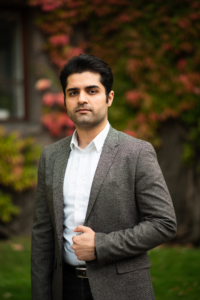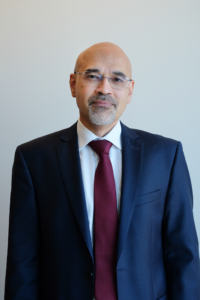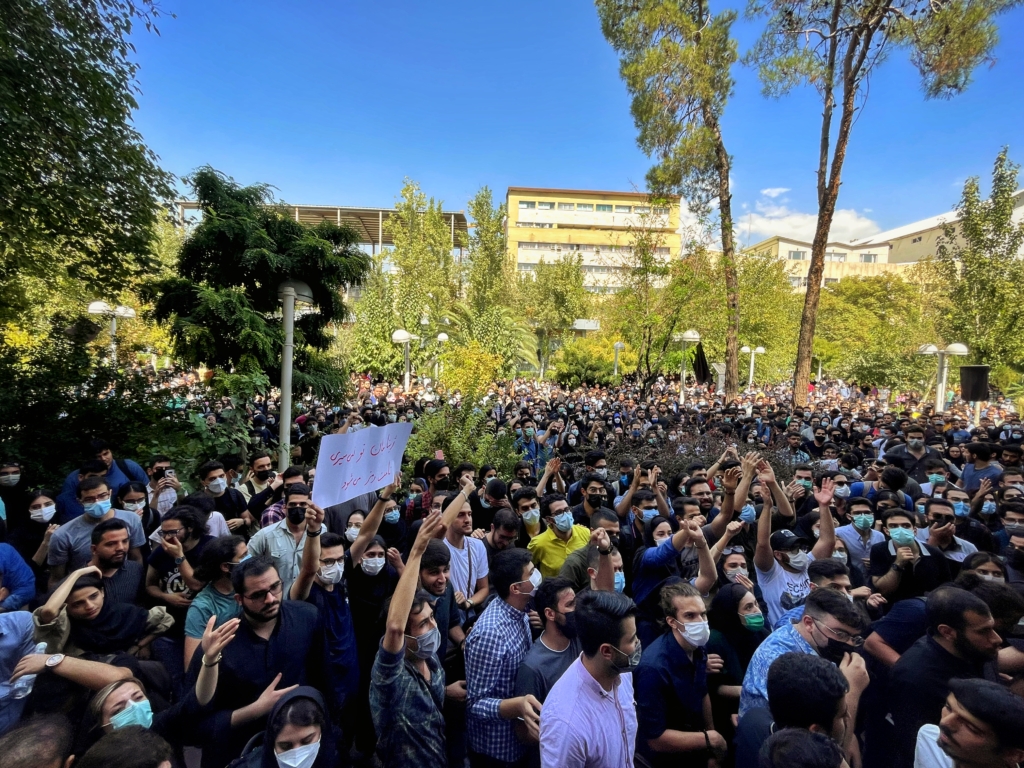For weeks, protests have been raging throughout Iran. What are the underlying reasons for this, and what are the prospects for the future? Lundagård spoke to three persons with relations to Iran to find out.
On September 16th, Mahsa Amini, a 22-year-old Kurdish woman, succumbed to her injuries and died in hospital. According to the BBC, she sustained these injuries while being beaten into a coma by the Morality police in Tehran, as confirmed by several eyewitnesses.
Since her death, thousands have taken to the streets in protest of the regime and its compulsory hijab laws. The New York Times reports that these are the largest anti-regime protests since 2009 and that they have spread to over 80 Iranian cities. To suppress these protests Iranian Law enforcement has even opened fire on the crowds contributing to a rising death toll. The protests have also gained traction on an international level, with several celebrities and politicians speaking up and protests being held globally in solidarity.
Lundagård interviewed three individuals with roots in Iran, a Lund university student, a lawyer, and an academic, each with a unique perspective on these protests, to gain further insight into the aftermath and impact of Mahsa Amini’s death.
First Lundagård spoke to a law student at Lund University who would prefer to remain anonymous due to safety concerns. She is a second-generation immigrant and was raised in Sweden, as due to discontent with the new regime her parents decided to flee Iran after the Islamic revolution. While having a clear anti-regime stance, she nonetheless feels a strong connection to Persian culture, as Farsi is her mother tongue and her family used to spend their summers in Iran.
While she never personally had any interactions with the morality police, she nonetheless reveals that she felt them as a constant presence:
“Their word is law. You live in constant fear of doing something wrong in their eyes. For example, my dad, this was before I was born, went back to Iran and they took his passport, and he was stuck there for a year. You just never know what’s going to happen. I also remember going on a roadtrip and the women in my family went swimming and took off their hijab. And they were like ‘if anyone sees us now, we’re dead’. It’s always an underlying fear.”
Because of her family’s dislike of the theocracy, she also reflects on having a complicated relationship with religion:
“I would say that we are very skeptical of religion because we have seen the worst parts of it. I want to stay very respectful, but the theocracy was the reason my family fled. My mom told me this story from when she was 16 during the revolution and she went out without a hijab and people spat at her. So, when someone talks about wearing the hijab as simply an aspect of religion it’s hard for her to accept that it is a self-made choice because it was always forced upon her by the regime.”
Regarding the ongoing protests, she feels hopeful:
“In the past it never felt like the protests would lead to change, it felt like they were in vain. But this time since its spread around the globe and so many people are engaging and protesting, it feels like there is a real possibility. It’s nice to see people stepping up for your culture and taking humanitarian responsibility. My parents have always spoken about one day going back to Iran and speaking their own language and being surrounded by their family. And because of that utopian idea, which isn’t even utopian but for Persians is, I will always hold out hope.”

Photo: Alexandra Roslund
Simon Hosseini, an EU lawyer, not only shares this hope but believes the revolution is imminent. He, along with several others, has left his job to advocate for and lend his voice to the women of Iran saying that the hijab laws are not actually about the hijab but “about the fundamental infringement on human rights and the suppression of women”. He says that “these women are not only fighting for freedom for themselves but for the entire country” and that “we just want to be able to say that we did everything we could to support this revolution”.
The way he seeks to do this is by using his knowledge of EU law to direct people towards those who can help them. “We started by spreading the word through celebrities and anyone with a platform and now that the world knows our next step was to target people who had power, politicians, EU parliament representatives, the EU commissioner, and more. And we’ve seen the results. Almost everyone has reacted, they’ve posted supportive messages and even talked about us in the European Parliament.”
However, he expresses hope for further support: “We want action. We want more sanctions, not just economic ones. We want all European countries to cease negotiations with Iran, to expel Iranian diplomats and deport their children. We want the world’s solidarity; we need the world’s solidarity.”
As such he also doesn’t believe that negotiation is an option:
“The regime is killing people on the streets; people are giving their lives to be seen. What more can they do, what is more than death. The solution is revolution, negotiation with the devil isn’t possible. It’s too late, people will not forgive or forget. The revolution will succeed unless the regime kills every single protestor.”
Finally, Lundagård spoke to Rouzbeh Parsi, Programme head of the Middle East and North Africa Programme at the Swedish Institute of International Affairs, who expresses a more nuanced and tentative perspective:
“I think many in the state are betting they can hold out longer than the demonstrators can, for the simple reason that they have the institutional capacities that the demonstrators do not have. But even if the protests were to die out tomorrow or next week, they are a very important step down a slippery slope as far as the state’s legitimacy is concerned. That is that the state has less and less authority that doesn’t come from the barrel of a gun and that is a very difficult, if not impossible way, to govern a country.”
When considering the possibility of revolution, he says that “what most people need to be reminded of is that the state unfortunately has more in store, they can use much more violence than they have. We’re not at the point where the state has exhausted its means of coercion.” He also emphasizes the importance of the protests congealing “into something that looks more like a movement, and that this movement then needs to articulate what it wants and what it is willing to compromise on.” He believes that negotiation will be necessary unless “you can completely overwhelm the state with arms and reoccurring massive demonstrations” and that “at the moment I don’t see the massive force that would make this state go down on its knees”.

the Middle East and North Africa
Programme at the Swedish Institute
of International Affairs.
Pressphoto.
While he expresses skepticism at the notion that these protests will spark the beginning of the revolution, he adds that for the future “there is hope. It’s just a question of how you channel it and make the best use of it. Seeing these schoolgirls being out there is incredibly brave and incredibly encouraging because it shows that this sense of injustice and this willingness to see change binds all the generations together. The question now is how you play chess with the regime, because that’s what you have to do.”
For the moment tensions are rising. The Guardian reports allegations of sexual assault by Iranian law enforcement as well as growing numbers of casualties both at protests and within detention centers, the most recent of which being the Evin Prison fire. The prison, whose inmates include arrested protestors and political dissenters, was allegedly set aflame by security officials on October 15th. Simultaneously, the Guardian reports fracturing within the Iranian regime, with some politicians warning against the state’s violent response and seemingly being inclined towards compromise. What will happen remains to be seen as the situation continues to develop.









